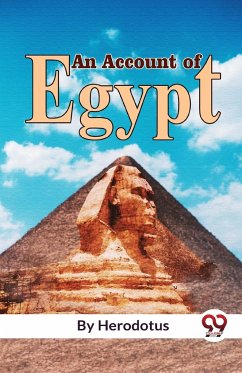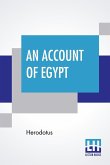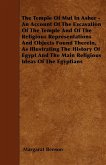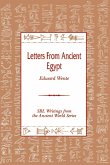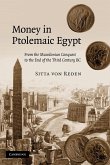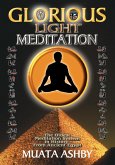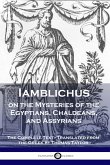Herodotus, a Greek historian who lived in the 5th century BCE, wrote "An Account of Egypt." The book is a detailed account of Herodotus's travels to Egypt, where he spent several years studying culture, history, and geography. Herodotus talks about the Nile River's geography, Egyptian religion and mythology, ancient Egyptian art and architecture, and their customs and traditions. Herodotus's observations about how Egyptian and Greek cultures are alike and different are one of the most interesting parts of "An Account of Egypt." The author talks about the many ways the two civilizations are similar, like how they were both interested in math, astronomy, and medicine. "An Account of Egypt" is an interesting book to look at one of the world's oldest and longest-lasting civilizations. It has a lot of information about Egyptian culture and history, and scholars and historians still study it and use it as a reference today.
Bitte wählen Sie Ihr Anliegen aus.
Rechnungen
Retourenschein anfordern
Bestellstatus
Storno

